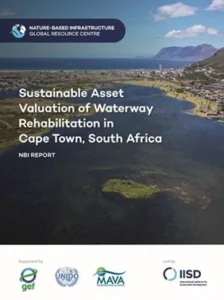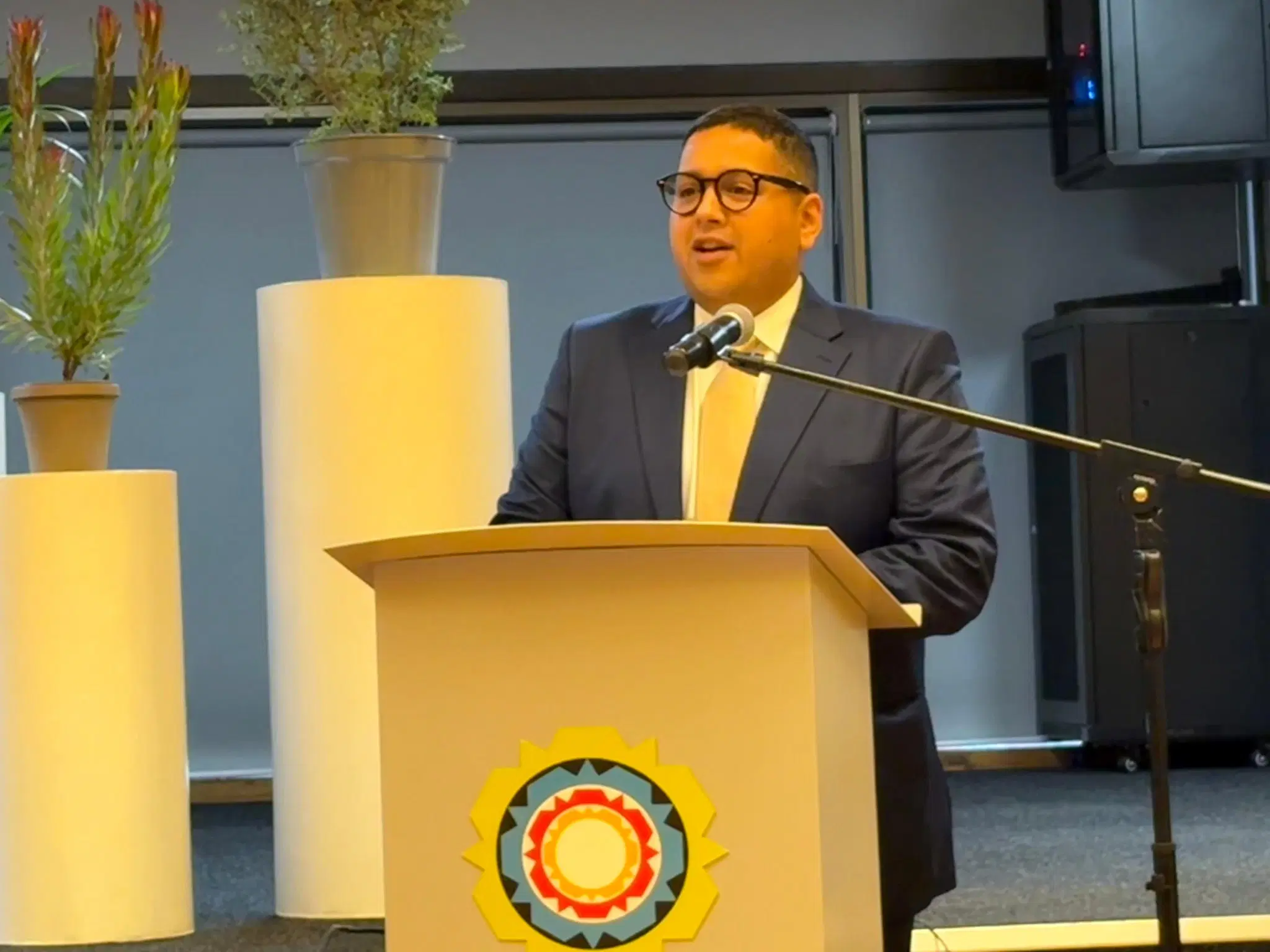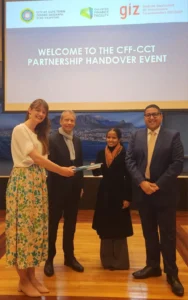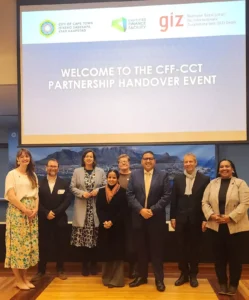Cape Town: The planned green infrastructure investment in the Diep/Sand- and Zeekoe catchments by the City of Cape Town could result in net benefits of up to R257 million over 25 years, according to a recent analysis.
Reportedly, this assessment was part of a package of support for Cape Town’s nature-based infrastructure interventions from the C40 Cities Finance Facility (CFF). The other assessment looked at the construction of the City’s planned Paardevlei solar plant.
As part of the City’s partnership with international leaders in sustainable water and energy resilience investment, City of Cape Town leadership and partners on July 24, 2025 celebrated the completion of two key technical reports that will help the continued development of finance-ready water and energy projects over the decades to come.
This CFF support is funded by the German Federal Ministry for Economic Cooperation and Development (BMZ), and the UK Foreign, Commonwealth and Development Office (FCDO) and is implemented by Deutsche Gesellschaft für Internationale Zusammenarbeit (GIZ) GmbH together with the C40 Cities Climate Leadership Group.
Paardevlei solar plant – climate mitigation
Plans for the establishment of the Paardevlei ground-mounted solar plant are well advanced and will result in an up to 70 MW municipal own-build plant. The possibility exists to create some 2000 direct and indirect employment opportunities during the construction phase alone and a further 100 long-term opportunities over the 20-year operation of the plant thereby increasing local skills within the green economy and renewable energy sector across its value chain. The project is approaching a tender-ready phase.

Liveable Urban Waterways (LUW) Project – climate adaptation
The Nature-Based Infrastructure (NBI) Global Resource Centre, is an initiative led by the International Institute for Sustainable Development (IISD). It was undertook as an assessment of the City’s planned nature-based infrastructure investment in the Diep/Sand- and Zeekoe catchments.
Cape Town is home to nearly 2000 km of rivers, 480 km of canals, over 800 stormwater ponds, and thousands of hectares of biodiversity-sustaining wetlands and vleis. The City of Cape Town also has Ramsar City status, which is an international accreditation recognizing cities that demonstrate exceptional commitment to conserving their wetlands and ecosystem services.
These inland waterbodies are key to Cape Town’s biodiversity, future resilience, and residents’ wellbeing. These natural water sources also sustain the tourism industry, local economy and job creation.



